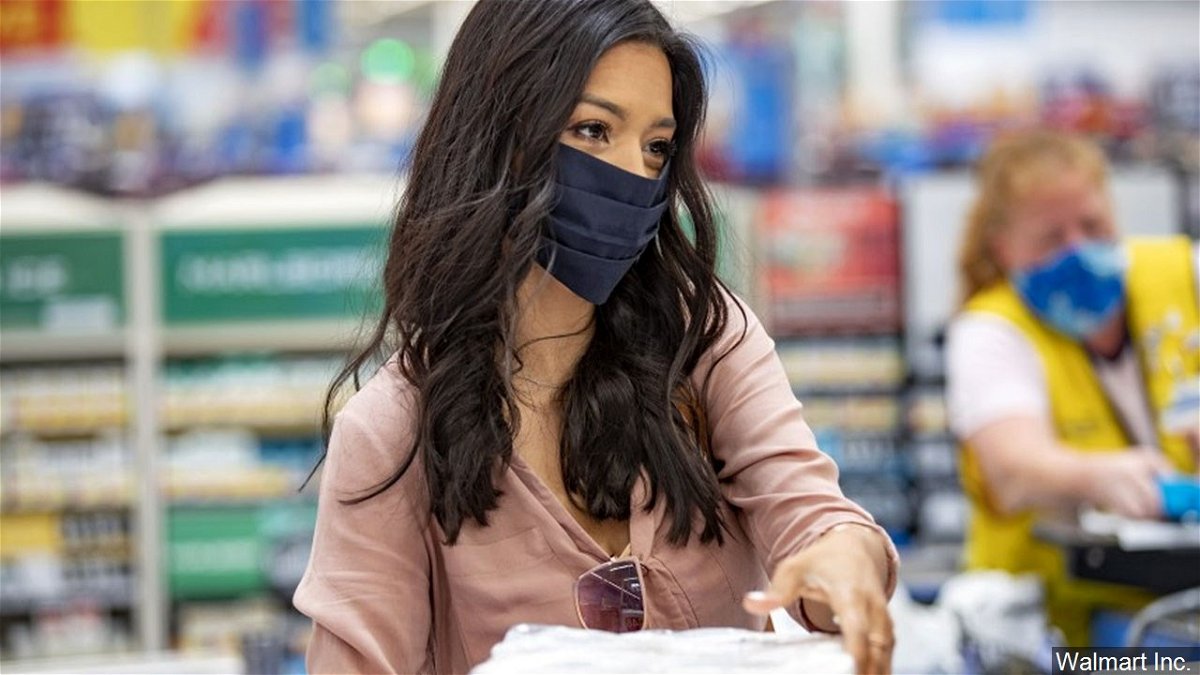Trust linked to COVID-19 precaution uptake, U of I study finds

MOSCOW, Idaho (KIFI) — The more trust Americans place in their public health institutions, the more likely they are to heed their advice on ways to avoid COVID-19 infection, according to a new study led by University of Idaho researchers.
The researchers found that building trust in public health authorities will be critical to managing the next pandemic. As the concern of a perceived threat increases, people are more likely to adapt their behaviors to reduce risk. Increased trust in institutions enables people to identify risk more accurately, translating to more protective behaviors against diseases.
“The primary driver of how people act is what they perceive as the health risk to themselves,” said Benjamin Ridenhour, lead author of the research paper and a U of I mathematics professor who developed a COVID-19 model for the state of Idaho. “One way that people determine that is by what the government is telling them. So, it’s important to have clear messaging.”
The peer-reviewed paper, “Effects of Trust, Risk Perception and Health Behavior on COVID-19 Disease Burden: Evidence From a Multi-State U.S. Survey,” was published May 2022 in the academic journal PLOS One. The work was a collaboration of eight U of I researchers and one from the University of Texas-Austin across disciplines like mathematics, public health and sociology.
Creating statistical models using survey data from three largely rural states, the team tested six hypotheses seeking to explain trust’s importance in motivating pandemic-related behavior changes. More than 1,000 households in Idaho, Texas and Vermont responded to surveys for the project. Responses were collected between October and December 2020.
The researchers saw the relationship at play in rural America. Rural residents trusted government less and perceived COVID-19 as less of a health risk, compared to urban communities in the same states, the survey found.
Rural communities saw less COVID-19 spread early in the pandemic. That’s likely caused by sparse population density in rural areas, according to previous research. But some rural residents, such as food processing plant workers, faced more individual exposure risk routinely. Decreased trust in rural areas likely worsened the issues stemming from essential worker outbreaks, the paper suggests.
The best way to increase the number of people adopting pandemic safety protocols — from masks to social distancing — is to cultivate trust in public health authorities, Ridenhour said. The winter 2020 COVID-19 wave saw coronavirus spread more widely, resulting in more infections, hospitalizations and deaths in communities with lower rates of pandemic-protective behavior changes, the team found, confirming that adopting safety measures allows better disease management.
The study confirms that pandemic-related behavior changes often align with people’s political ideology. Conservatives were less likely to adhere to mask mandates, vaccination and closures, while liberals adhered to protective measures. But, the researchers find, trust has the largest influence on risk perception.
The paper is the first work by the Idaho Pandemic Modeling Group that was published in an academic journal. Separately, the team has created publicly available models of COVID-19 spread throughout Idaho.
